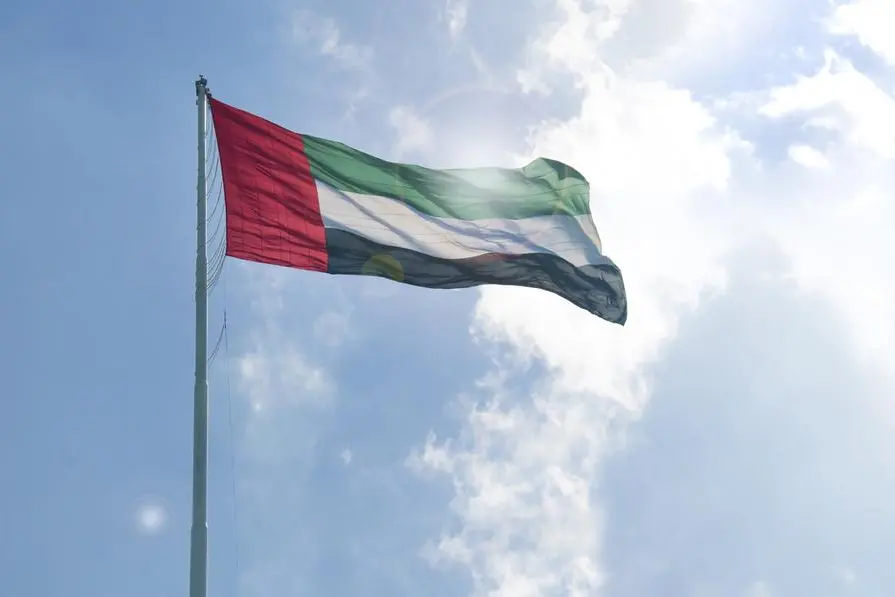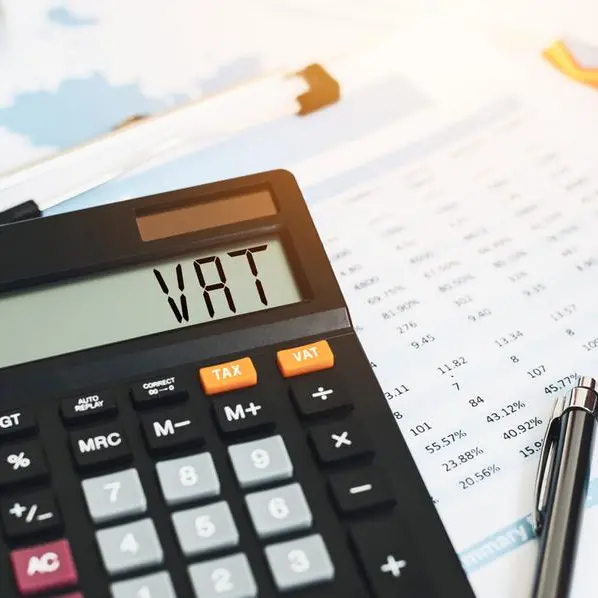PHOTO
The United Arab Emirates has made remarkable strides in future readiness indices, a testament to its visionary leadership's emphasis on forward-thinking and proactive planning.
Underpinning this progress is a commitment to innovation as the cornerstone of comprehensive development, aligning closely with the vision of President His Highness Sheikh Mohamed bin Zayed Al Nahyan and His Highness Sheikh Mohammed bin Rashid Al Maktoum, Vice President, Prime Minister and Ruler of Dubai.
As part of its strategy to bolster future readiness, the UAE unveiled the 'Principles of the 50', a document that sets forth 10 principles for the UAE, which all government agencies must adhere to and use as guidelines for all their decisions. It also launched “Projects of the 50”, a series of developmental and economic projects that aim to accelerate the UAE's development, transform it into a comprehensive hub in all sectors, and establish it as an ideal destination for talents and investors.
These initiatives aim to support the nation's journey towards a future-focused framework, prioritising the development of a globally competitive economy, investment in human capital, educational advancement, talent attraction, continuous skill enhancement, and the promotion of digital, technological, and scientific excellence.
According to the Future Possibilities Index (FPI) report by Newsweek Vantage International and the Swiss Horizon Group, the UAE ranked first globally in 20 indicators, 23rd globally, and 1st in the Arab world in the overall FPI ranking.
The UAE government ranked 1st globally in the government's rapid responsiveness to change, 2nd globally after Singapore in the government vision index, ahead of both Britain and South Korea. It also ranked 2nd globally in the government support of the entrepreneurship environment, ahead of Singapore, Switzerland, the United States and Denmark, and 3rd globally in long-term future planning and future government strategy.
The UAE also ranked 1st globally in 20 indicators, namely government's responsiveness to change, developing future policies and launching proactive government initiatives. The UAE further ranked 1st globally in the attractiveness and stability of global talent, the number of competitive working-age talent, future digital software developers, the number of international tertiary education students, the size of the UAE market with its consumer spending potential, as well as ICT connectivity, mobile broadband subscriptions and speed, and internet users.
To further enhance governmental preparedness for the future, the Government Development and the Future Office has launched the "UAE Future Mission", a national platform for the proactive design of qualitative projects that advance the work of entities and enhance the readiness of government work for the future.
The UAE Future Mission is set to empower government entities in the future agenda. This will be achieved by jointly designing initiatives to enhance the UAE's readiness for the future, involving collaboration between the Government Development and the Future Office and various government entities. The participating entity in the mission will take responsibility for implementing the readiness project, aiming to achieve clear results and specific impact.
Incentivising institutions to embrace forward-thinking initiatives, the UAE introduced the "Future Fit Seal", a national symbol recognising forward-thinking and innovative projects undertaken by federal and local government institutions. Future Fit Seal awarded projects are proactive, exceptional, and invest in future-oriented skills. They implement advanced technologies to achieve practical readiness for the future and demonstrate tangible and impactful outcomes.
The Future Fit Seal focuses on priority sectors of the future, such as the new economy, food and water security, environmental sustainability, as well as future technologies, skills, and quality of life.





















